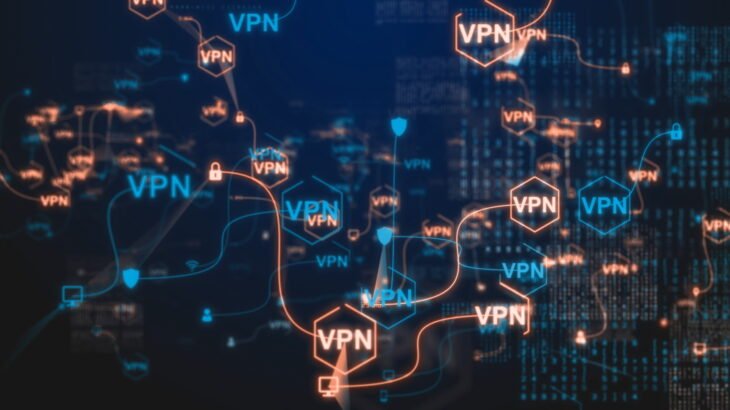In today’s digital age, where online privacy and security are becoming increasingly important, the term VPN, or Virtual Private Network, is often mentioned. But what exactly is a VPN, and how does it work? This article aims to demystify VPNs, explaining their purpose, functionality, and benefits.
What is a VPN?
A Virtual Private Network (VPN) is a technology that creates a secure and encrypted connection over a less secure network, such as the internet. VPNs are commonly used to protect sensitive data, enhance privacy, and provide a means to access restricted content.
How Does a VPN Work?
At its core, a VPN works by routing your device’s internet connection through a VPN server rather than directly connecting to the internet. Here’s a step-by-step breakdown of how this process works:
- VPN Client Software: You start by installing VPN client software on your device. This software is responsible for managing your connection to the VPN server.
- Establishing a Secure Connection: When you connect to a VPN, the client software establishes a secure connection with a VPN server. This connection is typically encrypted using protocols like OpenVPN, L2TP/IPsec, or WireGuard.
- Data Encryption: Once connected, any data sent from your device is encrypted before it leaves your device. Encryption ensures that even if the data is intercepted, it cannot be read without the decryption key.
- Routing through the VPN Server: Your encrypted data is then sent to the VPN server. The VPN server acts as an intermediary between your device and the internet. When your data reaches the server, it is decrypted and sent to the intended online destination, such as a website or online service.
- Receiving Data: The process is reversed for incoming data. The data from the internet is first received by the VPN server, encrypted, and then sent to your device, where it is decrypted by the VPN client software.
Benefits of Using a VPN
- Enhanced Security: By encrypting your internet traffic, a VPN protects your data from hackers, especially on public Wi-Fi networks. This makes it much harder for malicious actors to intercept and steal sensitive information such as login credentials, credit card numbers, and personal details.
- Privacy Protection: A VPN masks your IP address, making your online actions virtually untraceable. This helps protect your privacy by preventing websites, advertisers, and even your internet service provider (ISP) from tracking your online activities.
- Access to Restricted Content: VPNs can bypass geo-restrictions and censorship. By connecting to a VPN server in a different location, you can access content that is restricted in your region, such as streaming services, websites, and social media platforms.
- Anonymous Browsing: By concealing your real IP address and location, a VPN allows you to browse the internet anonymously. This is particularly valuable for individuals living in countries with strict internet censorship and surveillance.
- Safe Remote Work: VPNs are essential for businesses, enabling employees to securely access company networks and resources remotely. This is especially important in the era of remote work, where secure access to corporate data is critical.
In an era where online privacy and security are paramount, a VPN is a powerful tool that offers multiple benefits. By encrypting your internet traffic and masking your IP address, a VPN enhances your security, protects your privacy, and allows you to access restricted content. Whether you are a casual internet user, a business professional, or a traveler, understanding and using a VPN can significantly improve your online experience.




One thought on “VPN 101 – What is VPN and how it works?”
Comments are closed.